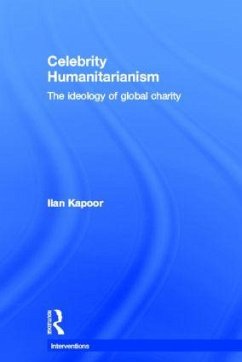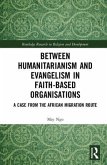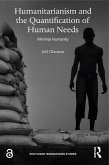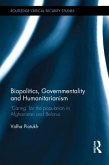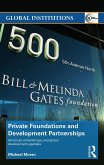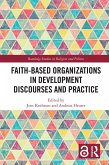In the last two decades especially, we have witnessed the rise of 'celebrity' forms of global humanitarianism and charity work, spearheaded by entertainment stars, billionaires, and activist NGOs (e.g. Bob Geldof, Bono, Angelina Jolie, Madonna, Bill Gates, George Soros, Save Darfur, Medecins Sans Frontieres). This book examines this new phenomenon, arguing that celebrity humanitarianism legitimates, and indeed promotes, neoliberal capitalism and global inequality. Drawing on Slavoj Zizek's work, the book argues how celebrity humanitarianism, far from being altruistic, is significantly contaminated and ideological: it is most often self-serving, helping to promote institutional aggrandizement and the celebrity 'brand'; it advances consumerism and corporate capitalism, and rationalizes the very global inequality it seeks to redress; it is fundamentally depoliticizing, despite its pretensions to 'activism'; and it contributes to a 'postdemocratic' political landscape, which appears outwardly open and consensual, but is in fact managed by unaccountable elites.

